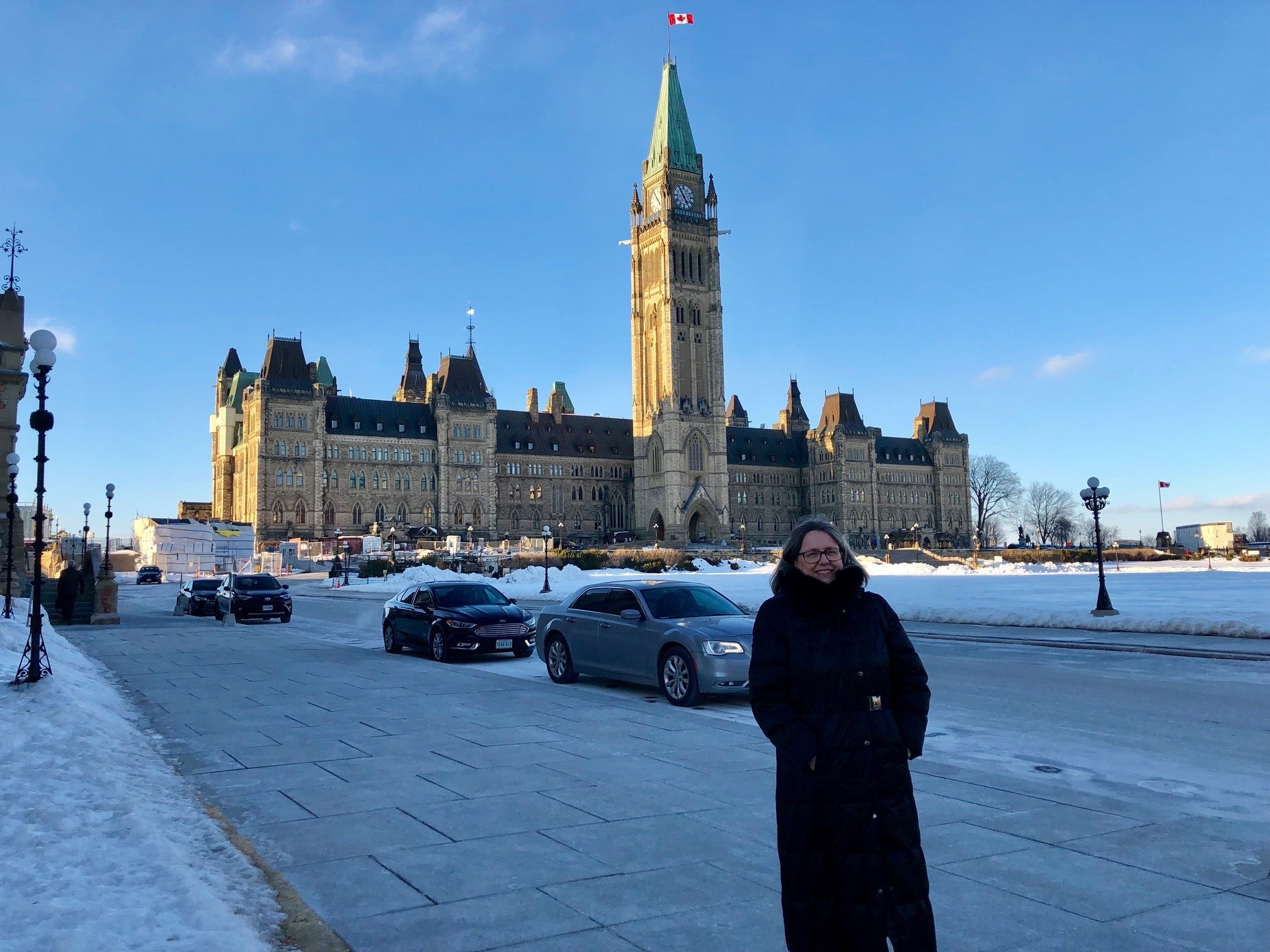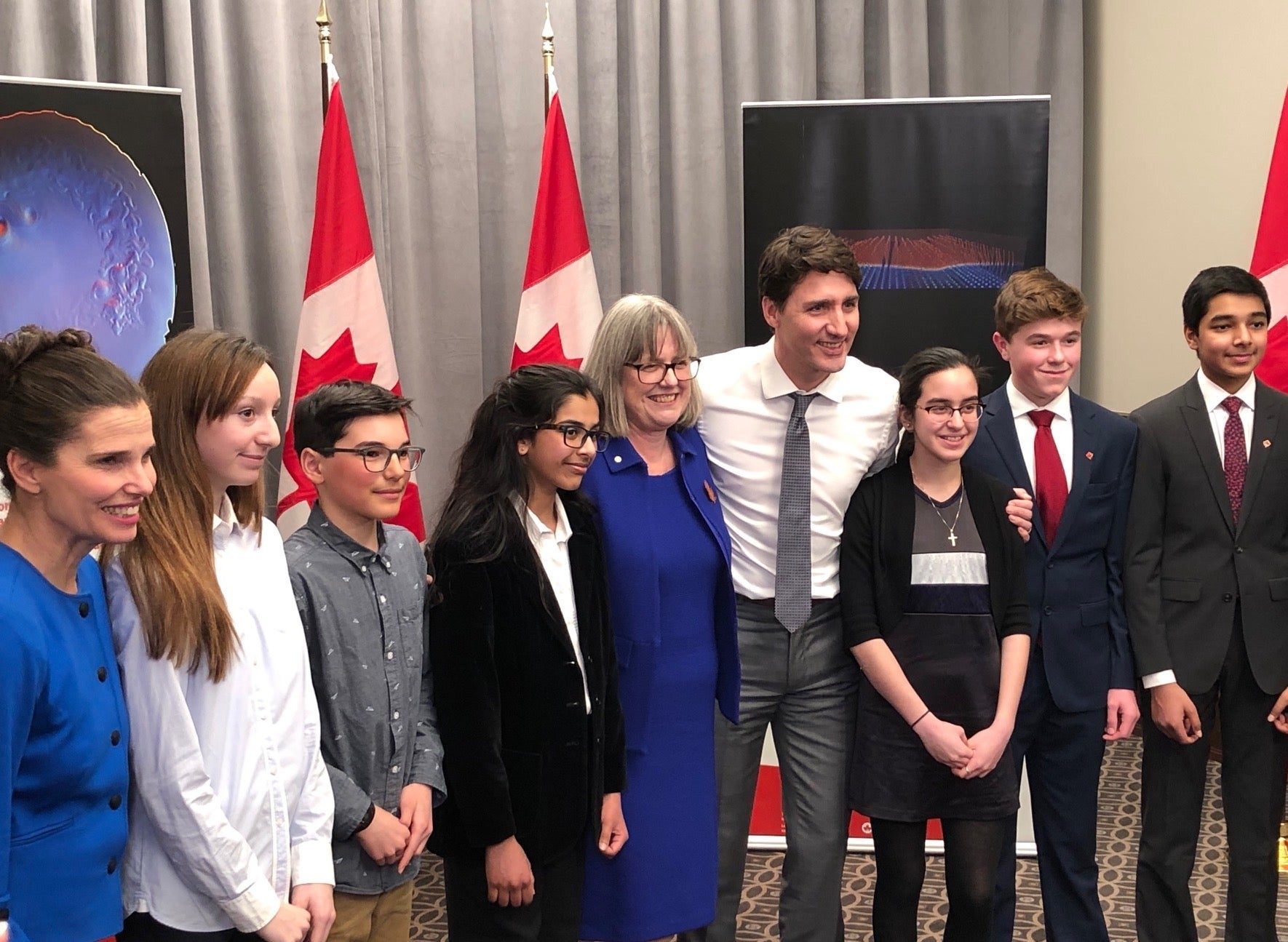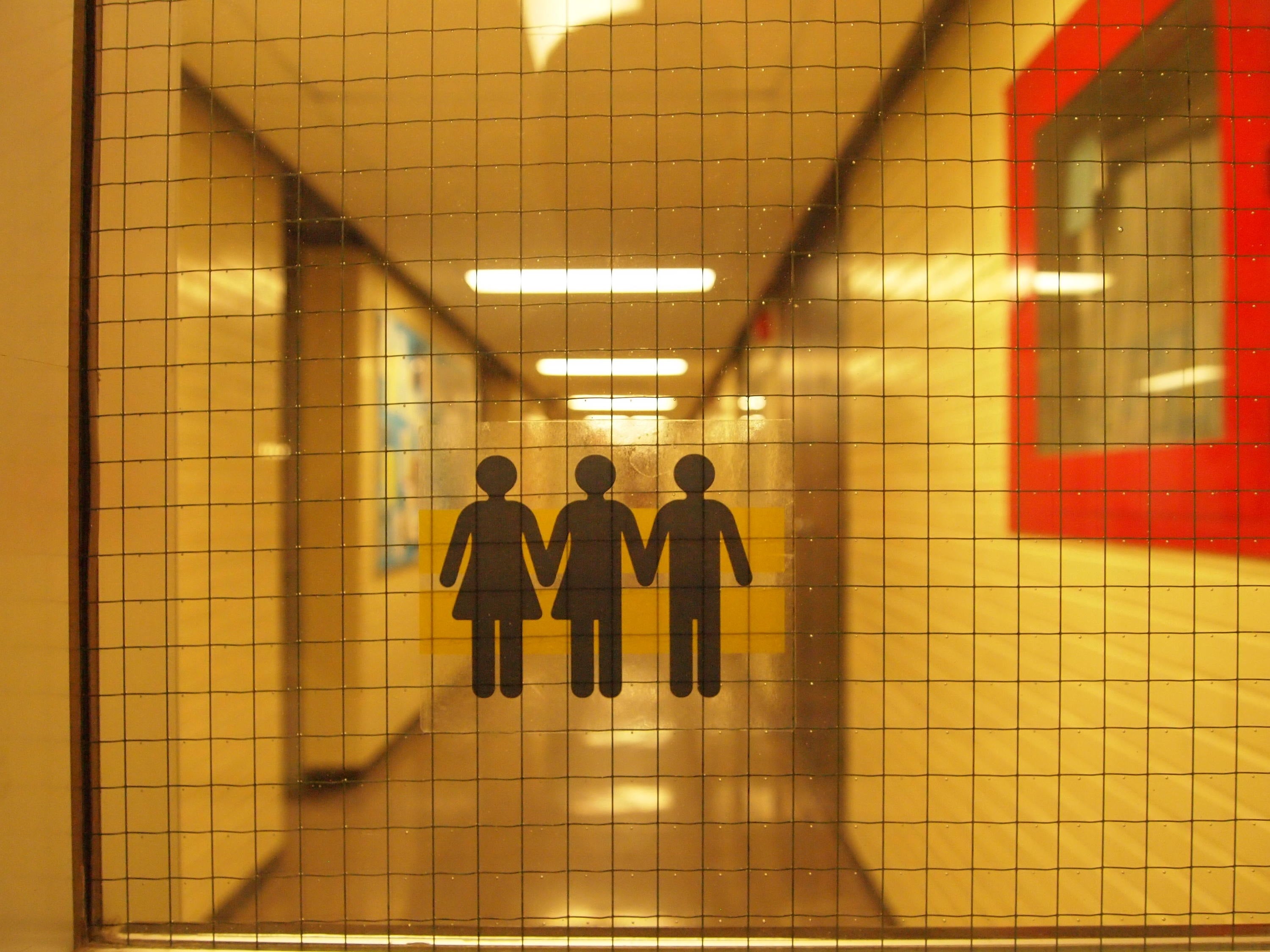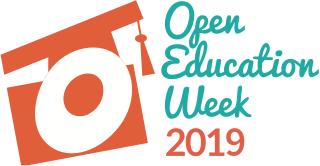Editor:
Brandon Sweet
University Communications
bulletin@uwaterloo.ca
Ottawa celebrates Donna Strickland

by University Relations staff.
There is much going on in the nation’s capital, but people on Parliament Hill took time this week to honour an esteemed Canadian, Canada’s newest Nobel laureate. Donna Strickland, a professor of physics at Waterloo, received a wide and warm welcome in Ottawa last Tuesday, from Rideau Hall to the House of Commons, and including a reception celebrating her achievement. Strickland won the Nobel Prize in Physics 2018 for developing chirped pulse amplification.
Just in advance of the daily question period in the House of Commons, Raj Saini, MP for Kitchener Centre, drew members’ attention to Strickland, who was seated in the Speaker’s gallery. His remarks drew a standing ovation, as did those of Hon. Geoff Regan, Speaker of the House, who acknowledged Strickland at the end of question period.
“She’s an incredible role model for young people, particularly young women across the country who aspire to enter the STEM fields,” said Saini.
Strickland later gave a laser demonstration in the office of the prime minister to middle-school students who won science fairs in their regions. They talked to Strickland about their projects and their interest in science, and the Nobel laureate shared experiences from her career as a scientist.

The Hon. Kirsty Duncan, Minister of Science and Hon. Bardish Chagger, Government House Leader, were also present. With Strickland at his side, the Prime Minister addressed members of the Ottawa press gallery.
“We know the pace of change around us, the world is evolving so quickly in terms of innovation, in terms of technology, what our workplaces are looking like, what our homes are going to be looking like in the coming years. We need to make sure Canadians understand that investing in science and drawing on science is an essential part of building that future,” the PM told reporters.
Strickland’s tour of the national capital included a luncheon at Rideau Hall to meet with another notable Canadian scientist: Her Excellency the Right Honourable Julie Payette. Before becoming Canada’s 29th Governor General, Her Excellency worked as an astronaut and an engineer. During their visit in the official residence of the Queen’s representative in Canada, the two discussed the importance of science for society and the need for increased scientific literacy.
The day capped off with a celebration in Strickland’s honour. President Feridun Hamdullahpur spoke of the pride and impact that Professor Strickland was creating for Canada and the world. Among the attendees at the event was Rt. Hon. David Johnston, the former Governor General of Canada who became president of Waterloo a couple of years after Strickland joined the University. Also in attendance were ministers, MPs, senators, scientists and other public officials.
From Women's Studies to Gender and Social Justice

The Women’s Studies undergraduate program will become the Gender and Social Justice program this fall.
For over four decades, Waterloo students could major, minor or take electives in Women’s Studies. Over the years, 13 women scholars and administrators ran Women’s Studies, and countless professors and instructors — not all of them women — taught its courses. Professor Shannon Dea was the last director of Women’s Studies in 2016 when she facilitated its move to become a distinct program within the Department of Philosophy.
The program’s evolution to its forthcoming new name and curriculum began well before it took up residency in Philosophy. For nearly a decade, explains Dea, the Women’s Studies’ board and administrators had been hearing from students and community members that it was time to expand the program beyond women. Students were interested in gender studies but also wanted to study social justice.
The Gender and Social Justice program will cultivate awareness and practices to address marginalization because of gender, sexual orientation, race, ethnicity, disability and class.
Learn more about the new interdisciplinary program
Open Education Week celebrates accessible knowledge

March 4 through 8 is Open Education Week, which celebrates the open education movement and raises awareness of open education work and its impact on teaching and learning.
A number of events are taking place on campus this week and beyond as part of the celebration:
- James Skidmore, an Ontario Open Education Fellow and faculty member in the Faculty of Arts, has recently completed a report for eCampusOntario. He will discuss the report’s open education policy alternatives and recommendations for Ontario colleges and universities at an event on Thursday, March 7, from 1:30 p.m. to 2:30 p.m. in DC 1304.
- Ishan Abeywardena of the Centre for Teaching Excellence (CTE) will facilitate a discussion on the use of open educational resources (ORE) on Friday, March 22 from 11:45 a.m. to 1:15 p.m. in MC 2036. Check out CTE7506 for more information.
- On a continuing basis, resources are available via Open Waterloo, CTE, and the Library.
Off-campus, ECampusOntario is offering daily 50-minute webinars on topics ranging from how to use Pressbooks to how students have experienced OER in the classroom. There is an online calendar that lists open education-related events happening elsewhere in Ontario.
Whither weather and other notes
There is still time to enter the annual UW Weather Station Contest. "We are looking for your guess for the first time the temperature will go above 20°C this spring," says a note from the Weather Station. "Last year was the latest winning date (May 1st) in the 20 years of the University of Waterloo Weather Station. What does that mean for this year?"
Find out all the details and enter the contest at: http://weather.uwaterloo.ca/contest/contest.html. The contest deadline is at 2:00 p.m. today.

The UW Recreation Committee is once again offering discount theatre tickets, this time to a performance of The Miracle Worker on Saturday, April 27 at 7:30 p.m. at the St. Jacob’s Country Playhouse. Contact Shirley at schatten@uwaterloo.ca for ordering and pricing information. The deadline to order tickets is Friday, March 22.
Here's today's Nutrition Month "myth vs. fact" supplied by Health Services Dietitian Sandra Ace:
Claim: All yogurts contains beneficial probiotics which are helpful for digestion.
Evidence: Foods and beverages containing probiotics, live, gut-friendly microorganisms (bacteria and yeasts) that aid digestion, are one of the top food trends. Probiotics help to keep you healthy by promoting a balance between the good and the bad bacteria in your intestines. They are often added to dairy products like yogurt and the fermented milk drink, kefir. Research on the health benefits of probiotics is an evolving and exciting field, with evidence mounting which supports the use of various probiotic strains for the prevention and treatment of a wide variety of conditions, including constipation, antibiotic-associated diarrhea, irritable bowel syndrome, anxiety and upper respiratory, vaginal and urinary tract infections.
Looking for a probiotic yogurt or kefir? Check the label for a product that contains at least 1 billion active cultures per serving. Yogurts without added probiotics are also excellent choices that are part of a healthy eating pattern. Yogurt is a nutrient-dense food which is a very good source of calcium, protein and many other vitamins and minerals. Here are tips for buying yogurt. If you haven’t tried kefir, blend it with frozen fruit to make a quick and delicious smoothie.
If you are vegan, have a dairy allergy or are lactose-intolerant, you can also buy probiotic plant-based yogurt and kefir made from a milk alternative such as coconut or soy milk. While these may also contain at least 1 billion probiotic bacteria per serving, plant-based beverages contain less protein and other nutrients than dairy products.
Plant Operations testing generators this month
Plant Operations would like to advise the campus community that they will be conducting annual testing on generators across campus beginning today and continuing throughout the month of March.
"As a result, noise and exhaust may be present in certain areas as testing is occurring and the generators are running at full capacity," says a note from Plant Ops. "The campus community is advised to be aware of walkway closures that may be needed during this time, and to exercise caution when in the affected areas.”
Link of the day
Remembering John Candy, 25 years later
When and where
Computer science seminar: Extending Human Expressivity for Ubiquitous and Immersive Computing Interactions, Aakar Gupta, Facebook Reality Labs, Monday, March 4, 10:30 a.m., DC 1304.
3MT Faculty Heat – Systems Design Engineering, Monday, March 4, 11:00 a.m., E7 7303.
Computer science seminar: Biologically Plausible LSTM Cell for Chaotic Time-series Prediction, Aaron Voelker, David R. Cheriton School of Computer Science, Monday, March 4, 2:00 p.m., E7 6323.
Career Interest Assessment, Monday, March 4, 2:30 p.m., TC 1112.
Interviews: Preparing for Questions, Monday, March 4, 2:30 p.m., TC 1208.
NEW - Coping Skills Seminar - Cultivating Resiliency, Monday, March 4, 6:00 p.m., HS 2302.
NEW - Grammar studio series: Workshop 1, Tuesday, March 5, 10:00 a.m., SCH 228F.
International Fair, Tuesday, March 5, 10:00 a.m. to 2:00 p.m., Student Life Centre Great Hall.
WISE Public Lecture: Are Small Nuclear Reactors the Answer to Sustainable Energy for Canada? Tuesday, March 5, 10:30 a.m. to 11:30 a.m., DC 1304.
Master Your Job Search, Tuesday, March 5, 10:30 a.m., TC 1208.
University Club Mardi Gras menu, Tuesday, March 5, 11:30 a.m. to 2:00 p.m., University Club.
SERS PhD seminar featuring PhD Candidate Edis Glogic, “Broadening application of life cycle assessment for more resource-oriented choices and early technology development,” Tuesday, March 5, 1:30 p.m., EV2-2021.
Graduate Studies Information Session, an information session for undergrads looking to pursue further education, Tuesday, March 5, 2:30 p.m. to 3:30 p.m., EV2 2002. Requires registration.
3MT Faculty Heat – Environment, Tuesday, March 5, 4:00 p.m., EV3 1408.
EDGE for Arts Students – Skill Identification and Articulation, Tuesday, March 5, 5:00 p.m., TC2218.
NEW - Say it in your own words: Paraphrase & summary, Wednesday, March 6, 10:00 a.m., SCH 228F.
Research Ethics drop-in training session, Wednesday, March 6, 10:00 a.m. to 12:00 p.m., Dana Porter Library.
Dragons’ Den auditions, Wednesday, March 6, 11:00 a.m. to 5:00 p.m., QNC. Please apply online to audition.
3MT Faculty Heat – Engineering – Architecture, Wednesday, March 6, 1:30 p.m., ARCH 3003.
Computer science seminar: Dynamic Low-Stretch Trees via Dynamic Low-Diameter Decompositions, Gramoz Goranci, University of Vienna, Wednesday, March 6, 1:30 p.m., DC 1304.
3MT Faculty Heat – Mathematics, Wednesday, March 6, 2:00 p.m., DC 1302.
Exploring Your Personality Types, Wednesday, March 6, 2:30 p.m., TC 1112.
Résumés, Careers and Personal Branding - Part 1, Wednesday, March 6, 5:00 p.m., TC 2218.
NEW - Grammar studio series: Workshop 2, Thursday, March 7, 10:00 a.m., SCH 228F.
Interviews: Proving Your Skills, Thursday, March 7, 1:30 p.m., TC 1208.
Cultural Caravan, Thursday, March 7, 7:00 p.m., Student Life Centre Great Hall.
NEW - More Feet on the Ground - Mental Health Training, Friday, March 8, 9:30 a.m., NH 2447.
Chemistry Seminar featuring Artur Izmaylov, Assoc. Professor, Department of Chemistry, University of Toronto, “Role of Topological Phases in Quantum Molecular Dynamics,” Friday, March 8, 10:00 a.m., C2-361 Reading Room.
NEW - Literature reviews for grads (Part B): Writing it, Friday, March 8, 1:00 p.m., SCH 228F.
3MT Faculty Heat – Civil/Environmental/Management Sciences, Friday, March 8, 1:30 p.m., E2 2350.
Knowledge Integration seminar: “Let’s Talk About Selling Weed”, speaker: Alexandra Kraushaar, James E. Wagner Cultivation, Friday, March 8, 2:30 p.m., EV3-1408.
WaterTalk: “The Evolution of Process-Based Hydrologic Models: Historical Challenges and the Collective Quest for Physical Realism,” presented by Prof. Martyn Clark, Friday, March 8, 2:30 p.m., DC 1302.
WaterTalk: “The Evolution of Process-Based Hydrologic Models: Historical Challenges and the Collective Quest for Physical Realism,” presented by Prof. Martyn Clark, Friday, March 8, 2:30 p.m., DC 1302.
NEW - International Women's Day Dinner 2019, Friday, March 8, 5:00 p.m., Federation Hall.
NEW - The Power of Music to Create Inclusive Communities, Friday, March 8, 7:30 p.m., Conrad Grebel Great Hall.
March Break Open House, Saturday, March 9, 10:00 a.m. to 4:00 p.m.
Master of Taxation, Open House, Saturday, March 9, 10:00 a.m. to 11:30 a.m., 220 Yonge St, Unit 115, Toronto, ON.
NEW - Building a Vocal Community: The Power of Song in Community, Saturday, March 9, 7:00 p.m., Knox Waterloo Presbyterian Church.
NEW - Winter 2019 Leadership Series Speed Networking: How to Market Yourself, Network with ENV alumni, enjoy free food, and learn tips on marketing yourself to employers, Tuesday, March 12, 5:00 p.m. to 8:00 p.m., Fed Hall. Requires registration.
NEW - Research Ethics drop-in training session, Wednesday, March 13, 10:00 a.m. to 12:00 p.m., Dana Porter Library.
NEW - Safeguarding science workshop, Wednesday, March 13, 12:30 to 3:30 p.m., NH 3318.
NEW - Computer science seminar: Lower Bounds for Tolerant Junta and Unateness Testing via Rejection Sampling of Graphs, Amit Levi, David R. Cheriton School of Computer Science, Wednesday, March 13, 1:30 p.m., MC 5501.
NEW - Indigenous Speaker Series presents David A. Robertson, Wednesday, March 13, 2:30 p.m., Theatre of the Arts in Modern Languages. Book signing to follow.
NEW - WaterTalk: “Mining waste environments: globally significant and growing biogeochemical hotspots,” presented by Prof. Lesley Warren, Thursday, March 14, 1:30 p.m., STC 0060.
NEW - How Architecture Shapes Behaviour, a lecture by Jens Holm, Thursday, March 14, 6:30 p.m., Laurence A. Cummings Lecture Theatre- School of Architecture.